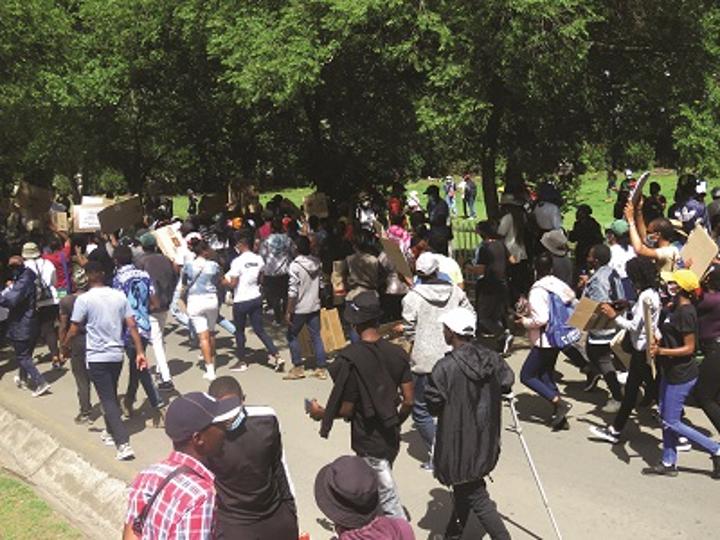Africa-Press – Lesotho. Following the outbreak of Covid-19 pandemic all over the world, the order and normalcy of things were challenged, calling for an adoption of what is termed a
‘new normal’. The United Nations’ (UN) sponsored Impact of COVID-19 on Youth and
Adolescents in Lesotho assessment has established that 93 percent of the respondents felt lonely and depressed during the lockdown. The ongoing COVID-19
pandemic induced challenges have dealt a blow to the youth in the country. This is according to the recently published impact assessment commissioned by the UN.
The findings further show that 65.5 percent of the youth said their physical activity had deteriorated prior to the lockdown. According to the Lesotho National Youth Policy 2017-2030, youth is someone between ages of 15
and 35 while the World Health Organisation (WHO) labels adolescent as someone between ages of 10 and 19. The assessment had covered persons whose age ranges
from 10 to 35. In order to curb the spread of the Coronavirus deadly virus, many countries had imposed lockdowns resulting in economic stress, less movements and limited social interactions.
The assessment report had revealed that youth had ‘limited’ access to positive coping mechanisms where they would normally go when experiencing difficulties, including social
or community initiatives, formal or non-formal education, sports including other range of physical activities. “For young people, sexual violence, poverty, humiliation and feeling devalued can increase the
risk of developing mental health problems. All these life challenges can put pressure on young people and push them into having mental health problems and
depression,” the assessment study has said. The article titled ‘Prevalence of depression during the COVID-19 outbreak: A meta-analysis of community-based studies’ published in the International
Journal of Clinical and Health Psychology says: “This pandemic, and the public health measures implemented to slow it, have profoundly changed people’s lifestyle and is thought
to be a threat for physical and mental wellbeing. The unpredictable nature of the disease, the loss of control and personal freedoms, the conflicting messages from
authorities, sudden changes in plans for the immediate future, or concern for one’s own health and well-being and that of one’s relatives are examples of sources of
stress associated with these outbreaks and pandemics (Huremovic, 2019). ” The World Health Organisation (WHO) had on March 11, 2020 declared the COVID-19 pandemic
following its outbreak first in Wuhan, China in 2019. “The United Nations (UN) system continuously seeks to protect and uplift the most vulnerable. This
is particularly critical during the COVID-19 pandemic, when new vulnerable groups have emerged, and widespread vulnerability has increased. For effective
response, it is, therefore important to understand how COVID-19 has impacted vulnerable groups,” reads the report in pertinent part. According to WHO, there
is excess of 264 million people around the world who suffer from depression. “The isolation from support systems…coupled with limited physical activity and the anxiety of the
pandemic added to young people’s anxiety and stress. In such instances, some young people may turn to negative coping mechanisms such as alcohol and drug
abuse, self-harm, or other harmful behaviors,” the report had said. On one hand it is reported that 6.96 percent of the respondents have not “felt lonely or
depressed” during the lockdown, on the other hand, 37 percent had felt lonely and depressed. Meanwhile 55 percent said they are sometimes visited by feelings of loneliness and depression.
“The assessment concluded that youth have been uniquely impacted by the pandemic and their vulnerability has been exacerbated….”
For More News And Analysis About Lesotho Follow Africa-Press






